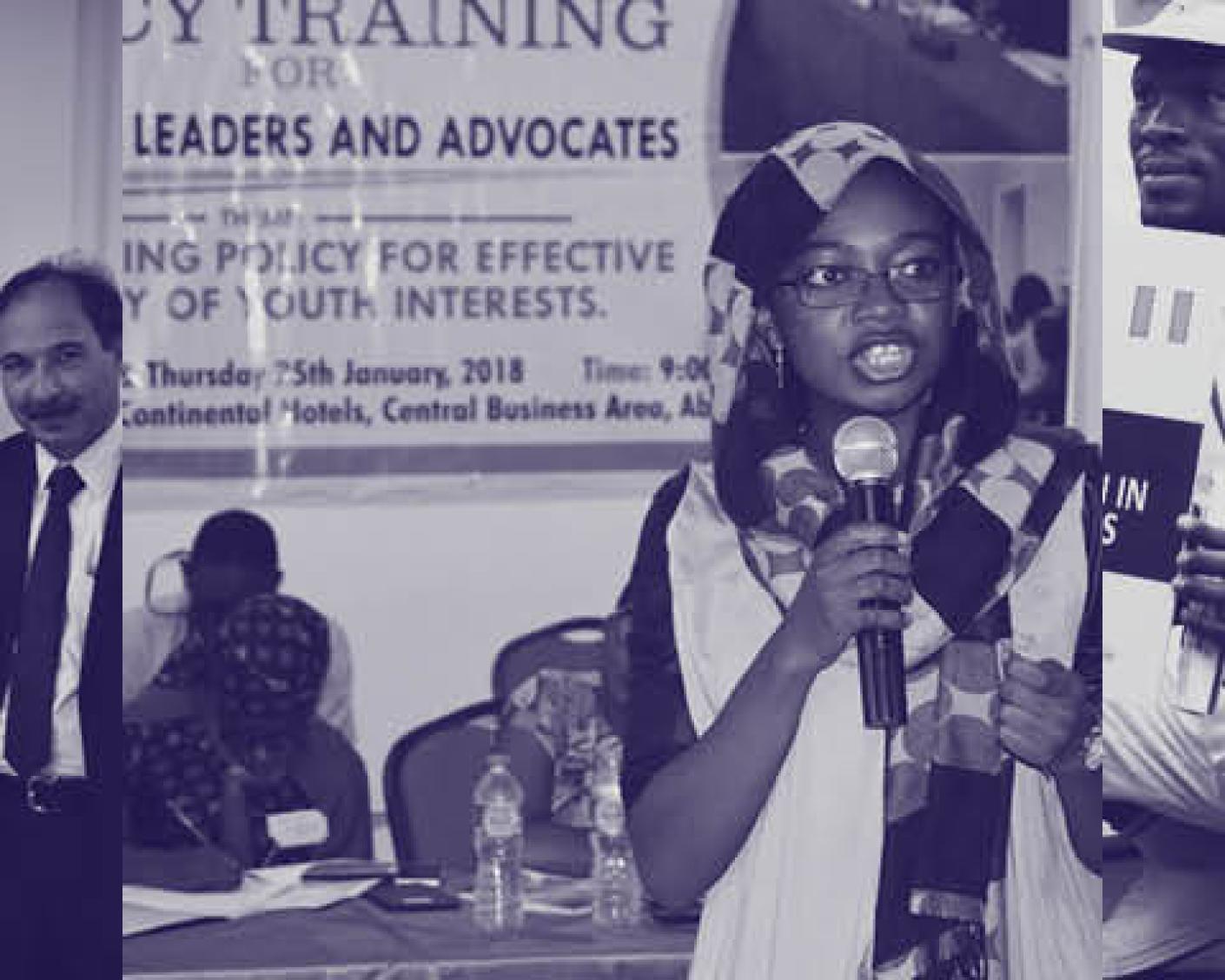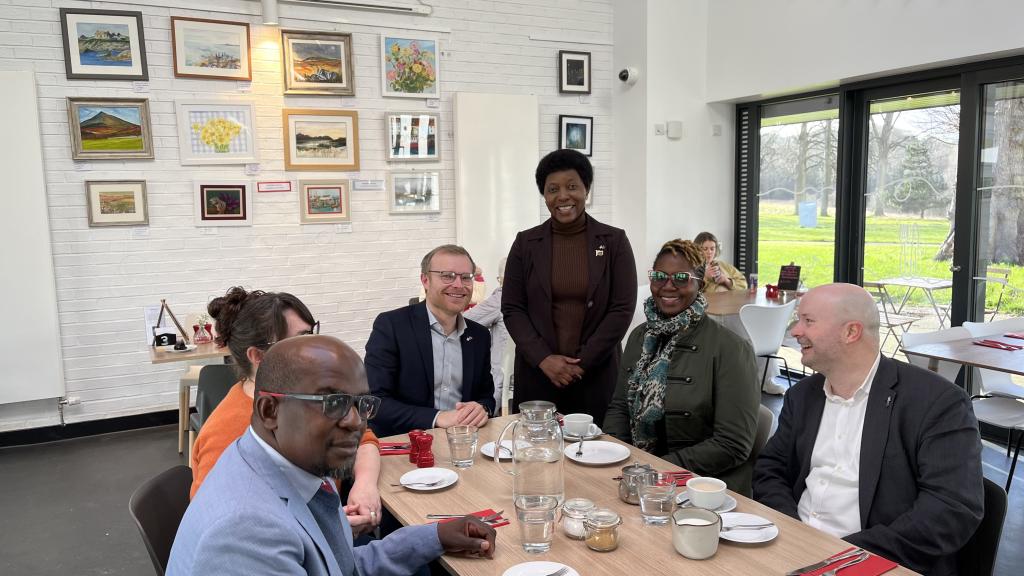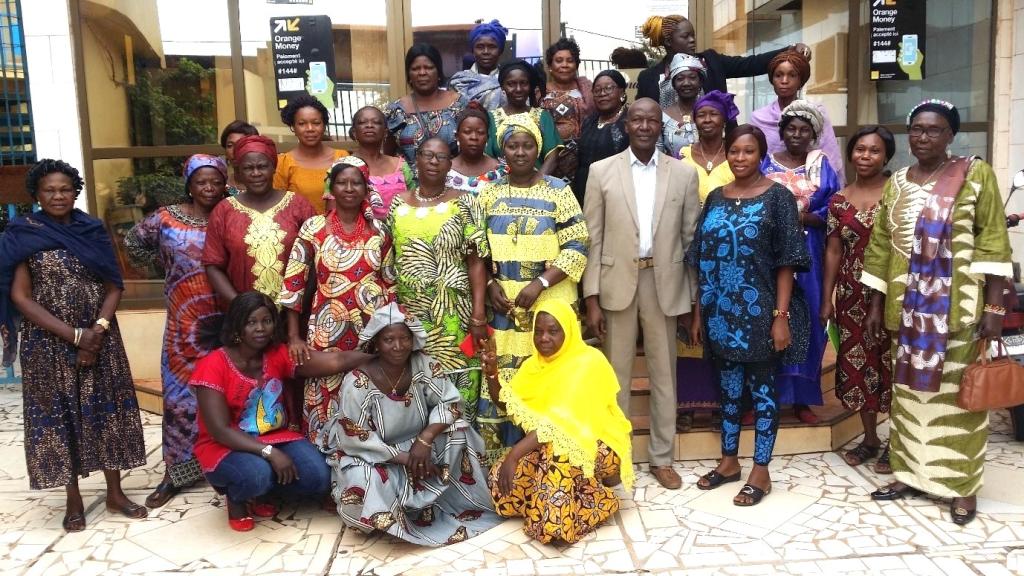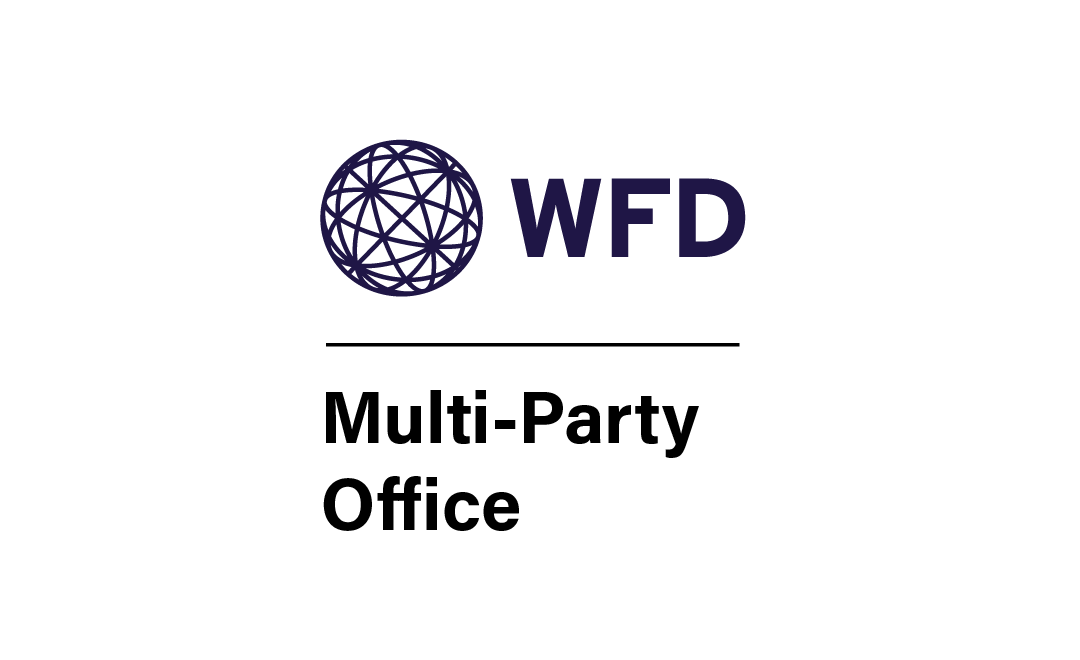
In 1999, WFD helped establish a shared service to provide pooled administrative and project-management capacity to the political parties with fewer seats in the House of Commons, which would have otherwise been unable to implement international programmes.
Since then, the Multi-Party Office (MPO) has supported the Liberal Democrats, the Democratic Unionist Party, Plaid Cymru, Ulster Unionist Party and the Green Party to undertake international engagement and development programmes around the world. More details of these programmes can be found below.
Multi-Party Office programmes are partnerships that share experiences, learning and best practice. Smaller UK parties work with their sister parties and regional networks to enhance internal party rules and procedures, strengthen party branches, improve membership outreach practices, adopt evidence based and inclusive policy development processes, and increase opportunities for participation by historically marginalised groups.

The Green Party of England and Wales
The Green Party of England and Wales (GPEW) is a green, left-wing political party in England and Wales that focuses on environmental issues and social justice.

Scottish National Party
The Scottish National Party (SNP) is a progressive, left-of-centre party with an internationalist outlook. The SNP WFD programmes have leveraged the unique expertise and experiences of the SNP being in opposition party in the UK Parliament as well as the governing party in the devolved Scottish Parliament.
In recent years, the SNP have delivered programmes supporting women’s political leadership through the Malawi Parliamentary Women’s Caucus and legislative oversight through the Zambian Parliamentary Caucus on Post-legislative Scrutiny. More information can be found in their 2024-25 newsletter.

The Democratic Unionist Party (DUP)
The Democratic Unionist Party (DUP) executed a project with the Conservative Party of Georgia (CPG) on the development of a credible and comprehensive disability policy. The CPG created a working group to review the research report commissioned by the project and to begin focused consultations with relevant stakeholders in advance of drafting a policy document.

Plaid Cymru
Plaid Cymru is a political party that fights for a fairer and more ambitious Wales. Recognising that violence against politically active women in politics is widespread, and that no country or political party is immune from the problem, Plaid Cymru implemented Violence against Women in Politics project in Argentina. The project led by Liz Saville Roberts MP, focused on the prevalence and scale of the problem, including the online abuse of politically active women; existing mechanisms that address the issue; and gaps in the system with recommendations for strengthening structures in both Argentina and the United Kingdom. The party also produced a research paper on the online abuse of UK politicians, as a clear warning to young women considering entering politics.
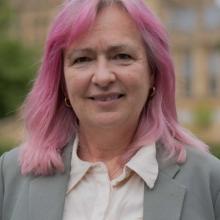
"The importance of Westminster Foundation for Democracy lies not only in its mission to strengthen democratic institutions, but in its steadfast support for inclusive politics, particularly the participation of women and marginalised communities."

"In a time when democratic values are under threat, seeing WFD’s work firsthand in Argentina, Bangsamoro and Finland has shown me what a vital role they play in in defending accountability, amplifying diverse voices, and supporting the resilience of open societies.”
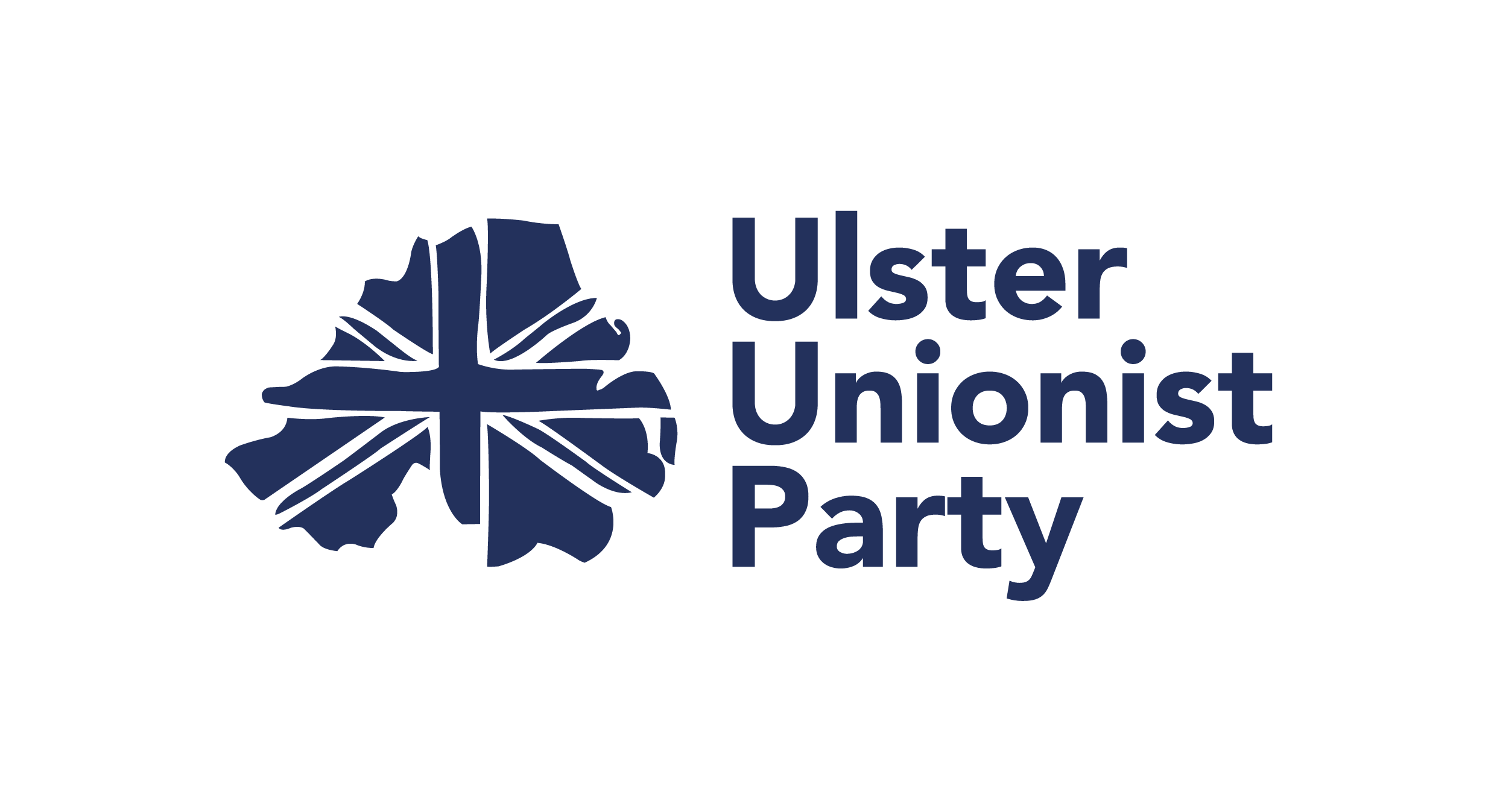
Ulster Unionist Party
The Ulster Unionist Party WFD programmes have traditionally included working with international partners. All the projects are committed to building and safeguarding free, fair and open societies. Programmes have included partnering with sister parties and regional networks to adopt evidence based and inclusive policy development processes.
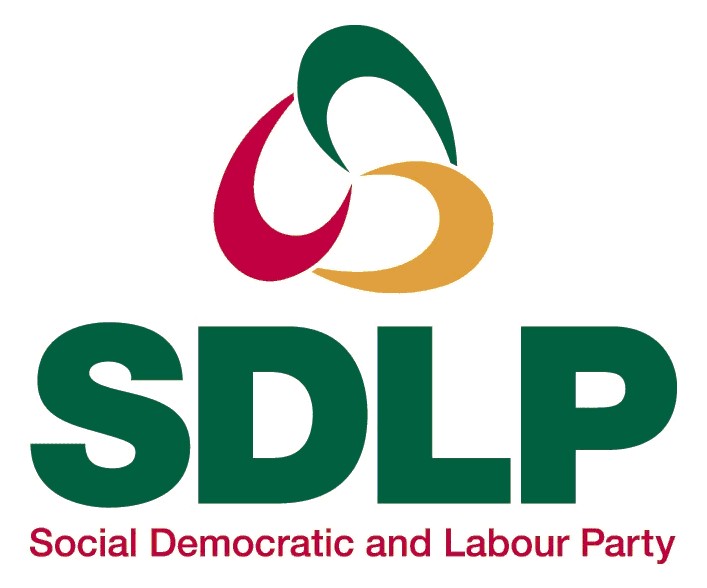
Social Democratic and Labour Party (SDLP)
The Social Democratic and Labour Party (SDLP) is a social democratic and Irish nationalist political party in Northern Ireland. It is a sister party of the UK Labour Party.
Case Studies
The SNP partnership with the Zambia Caucus on Environment and Climate Change

SNP WFD’s programme in Zambia works with political parties to provide them with the tools and guidance to become more effective actors on environmental and climate change issues. The programme is responding to locally led demand articulated by the ZPCECC’s formation. It calls on political parties to learn from others in how to strengthen their structures, processes, and personnel in adapting to the fast-evolving environmental challenges in the country. SNP WFD engaged with the six political parties in Zambia in developing individual political party environmental strategic plans. The parties involved include the three in parliament -United Party for National Development (UPND), Patriotic Front (PF), Party of National Unity & Progress (PNUP) - and the three female-led parties - Forum for Democracy & Development (FDD), National Democratic Congress (NDC), and New Heritage Party (NHP).
Partnership with the Green Left Front in Serbia
 Collaboration and knowledge exchange with the Green Party of England and Wales (GPEW) offer valuable opportunities to enhance policy development processes and gain insights into effective local campaign strategies for sister Green parties such as the Green Left Front in Serbia. The expertise and experiences of the Green Party of England and Wales can provide invaluable guidance and the visit for Green Left Front members to the UK provided opportunities for networking and learning. The programme involved one day in Oxford and three days in Stroud working with the GPEW in the lead up to the local elections in England and Wales on 1st May 2025.
Collaboration and knowledge exchange with the Green Party of England and Wales (GPEW) offer valuable opportunities to enhance policy development processes and gain insights into effective local campaign strategies for sister Green parties such as the Green Left Front in Serbia. The expertise and experiences of the Green Party of England and Wales can provide invaluable guidance and the visit for Green Left Front members to the UK provided opportunities for networking and learning. The programme involved one day in Oxford and three days in Stroud working with the GPEW in the lead up to the local elections in England and Wales on 1st May 2025.
The activities for the week included door-knocking and leafleting, learning in-depth about the GPEW campaigning strategy, performing the role of teller on polling day, meeting and networking with GPEW members. One of the key takeaways for the Green Left Front was around how effective leafletting and canvassing can be for campaigning.
